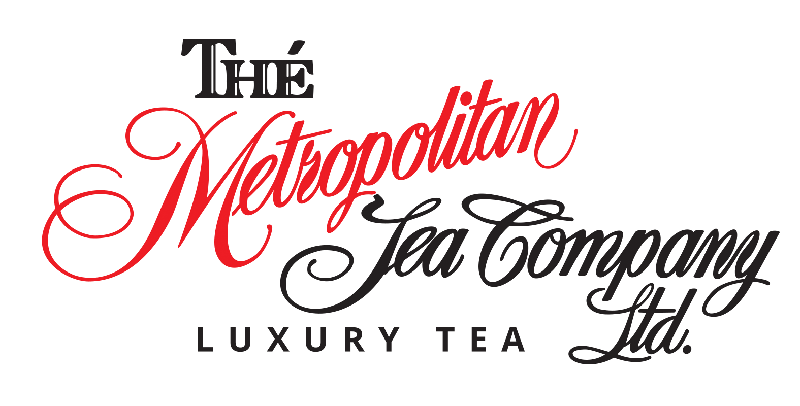
Social Responsibility & Ethical Policies
Since we first opened our doors, Metropolitan Tea has always supported fair treatment and trading, everywhere we do business. Annual onsite audits of our growers and supplier facilities ensure that at every stage of the product lifecycle, ethical treatment of workers and communities is paramount. These visits also help us grow the relationships that allow us to bring you the best teas on the planet.
Fair Treatment & Trading – An Ethical Checklist
Exceptional teas and herbs are not produced by a workforce under duress. In our experience, luxury teas are produced by a healthy and fairly compensated workforce – one with a vested economic and social interest in their product.
Across the board, Metropolitan Group needs to see evidence of the following (at minimum) in order to either approve a new supplier, or maintain a relationship with an existing supplier.
Our annual tea-buying missions provide us with regular opportunities to inspect the estates and factories we work with. Our checklist includes:
• Zero Tolerance for Child and Slave Labor
• Fair Compensation for Workers
• Free Housing, Medical Care and Education
• Reinvestment in Infrastructure
• Respect for the Labor Force
• Good Community Relationships
Child, and even slave labor does occur in some developing countries. We take strict care to ensure all of our products are produced 100% free of both. We feel very strongly about this, and wish all tea companies took the same consideration.
Habitat Conservation
Along with our environmental initiatives at home in Canada, Metropolitan Tea is also focused on supporting farmers and tea growers who share our environmental commitment. Protecting habitats surrounding tea/ herb/spice farms not only supports a greener planet, it can actually improve crop yields by creating a healthy microclimate.
We look for tea farms with a working Environmental Management System that includes:
• Ecosystem Conservation
• Wildlife Protection
• Water Conservation
• Integrated Crop Management
• Soil Management and Conservation
• Integrated Waste Management
Responsible Tea Production
Tea is a continuous crop. In many areas of the world, tea, herbs and spices grow 12 months of the year. For estates that value sustainability over quick profits, tea provides stable year-round income and jobs — both badly needed in the developing world.
Unfortunately, many tea estates don’t follow sustainability principles. The results are lower yields, poorer quality teas, lower prices and less stability for workers. By purchasing wholesale luxury teas, you can do your part to support some of the world’s most challenging locations.
The Luxury Tea Difference
1. Hand Plucking for Luxury Quality
Hand-plucking requires very little fossil fuel, and releases virtually no CO2 notwithstanding that thousands of good jobs are created in regions where jobs are very scarce. Plucking luxury tea is also a highly specialized skill that produces superior teas. Reliance on hand plucking means that thousands of jobs are not replaced by machine.
Japan is an exception. There, luxury teas are harvested by machine.
2. Tea Plantations Absorb CO2
The better run the estate, the more carbon absorbed. As well, most of the estates we deal with use renewable timber and old root stock for fuel, further reducing emissions.
3. Luxury Estates Rehabilitate Soil
On a regular schedule, fields are rotated and left fallow to rehabilitate soil. Chemical input is kept to a minimum to ensure soil beds remain healthy and nutrient-rich.
4. Better Botany, Means Less Reliance on Pesticides
Many of the luxury teas we carry are pesticide-free. In fact, many luxury tea areas (i.e. Darjeeling, Kenyan Highlands or Sri Lanka) can support tea 100% free of pesticides, thanks to the high altitudes where tea pests can’t survive.
When these policies are followed, luxury estates thrive, providing jobs, housing, education and medical care for workers and their families.

